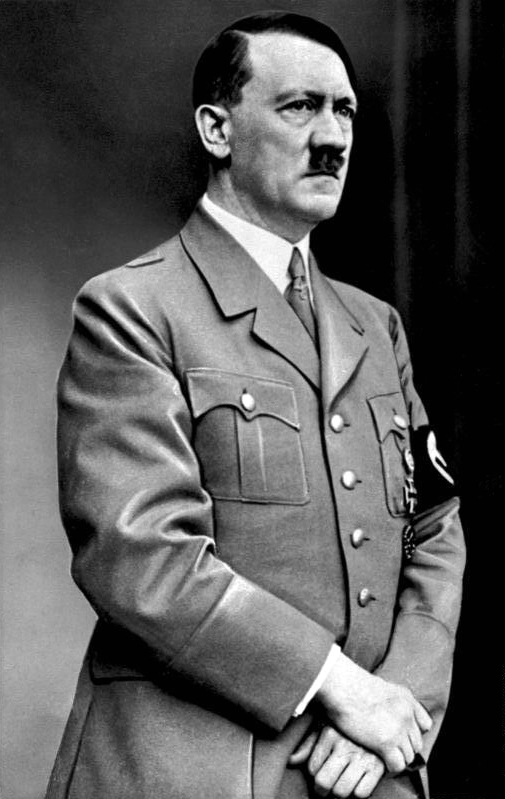|
Protestant Church In Baden
The Protestant Church in Baden (german: link=no, Evangelische Landeskirche in Baden; i.e. Evangelical Regional Church in Baden) is a United Protestant member church of the Evangelical Church in Germany (EKD), and member of the Conference of Churches on the Rhine (since 1961), which now functions as a regional group of the Community of Protestant Churches in Europe (CPCE). The Evangelical Church in Baden is a united Protestant church. Its headquarter, the ''Evangelical Superior Church Council'' (german: link=no, Evangelischer Oberkirchenrat, EOK) is located in Karlsruhe. The church is not confused with the Evangelical Lutheran Church in Baden, based in Freiburg im Breisgau. History In 1821 the Evangelical Church in Baden was founded by uniting Lutheran and Reformed churches in the Grand Duchy of Baden, thus its then name ''United Evangelical Protestant Church of the Grand Duchy of Baden''. The church body comprises only congregations of united Protestant confession. After the g ... [...More Info...] [...Related Items...] OR: [Wikipedia] [Google] [Baidu] |
Landeskirche
In Germany and Switzerland, a Landeskirche (plural: Landeskirchen) is the church of a region. The term usually refers to Protestant churches, but—in case of Switzerland—also Roman Catholic dioceses. They originated as the national churches of the independent states, States of Germany (''Länder'') or Cantons of Switzerland (''Kantone'', ''Cantons'', ''Cantoni''), that later unified to form modern Germany (in 1871) or modern Switzerland (in 1848), respectively. Origins in the Holy Roman Empire In the pre-Reformation era, the organization of the church within a ''land'' was understood as a ''landeskirche'', certainly under a higher power (the pope or a patriarch), but also possessing an increased measure of independence, especially as concerning its internal structure and its relations to its king, prince or ruler. Unlike in Scandinavia and England, the bishops in the national churches did not survive the Reformation, making it impossible for a conventional diocesan system to c ... [...More Info...] [...Related Items...] OR: [Wikipedia] [Google] [Baidu] |
Grand Duchy Of Baden
The Grand Duchy of Baden (german: Großherzogtum Baden) was a state in the southwest German Empire on the east bank of the Rhine. It existed between 1806 and 1918. It came into existence in the 12th century as the Margraviate of Baden and subsequently split into the states of Baden-Durlach and Baden-Baden, which were reunified in 1771. It then became the much-enlarged Grand Duchy of Baden after the dissolution of the Holy Roman Empire from 1803 to 1806 and was a sovereign country until it joined the German Empire in 1871. In 1918, it became part of the Weimar Republic as the Republic of Baden. Baden was bordered to the north by the Kingdom of Bavaria and the Grand Duchy of Hessen-Darmstadt; to the west, along most of its length, by the river Rhine, which separated Baden from the Bavarian Rhenish Palatinate and Alsace in modern France; to the south by Switzerland; and to the east by the Kingdom of Württemberg, the Principality of Hohenzollern-Sigmaringen and Bavaria. After ... [...More Info...] [...Related Items...] OR: [Wikipedia] [Google] [Baidu] |
Positive Christianity
Positive Christianity (german: Positives Christentum) was a movement within Nazi Germany which promoted the belief that the racial purity of the German people should be maintained by mixing racialistic Nazi ideology with either fundamental or significant elements of Nicene Christianity. Adolf Hitler used the term in point 24 of the 1920 Nazi Party Platform, stating: "the Party as such represents the viewpoint of Positive Christianity without binding itself to any particular denomination". The Nazi movement had been hostile to Germany's established churches. The new Nazi idea of Positive Christianity allayed the fears of Germany's Christian majority by implying that the Nazi movement was not anti-Christian. That said, in 1937, Hans Kerrl, the Reich Minister for Church Affairs, explained that "Positive Christianity" was not "dependent upon the Apostle's Creed", nor was it dependent on "faith in Christ as the son of God", upon which Christianity relied, rather, it was represented ... [...More Info...] [...Related Items...] OR: [Wikipedia] [Google] [Baidu] |
Julius Kühlewein
The gens Julia (''gēns Iūlia'', ) was one of the most prominent patrician families in ancient Rome. Members of the gens attained the highest dignities of the state in the earliest times of the Republic. The first of the family to obtain the consulship was Gaius Julius Iulus in 489 BC. The gens is perhaps best known, however, for Gaius Julius Caesar, the dictator and grand uncle of the emperor Augustus, through whom the name was passed to the so-called Julio-Claudian dynasty of the first century AD. The Julius became very common in imperial times, as the descendants of persons enrolled as citizens under the early emperors began to make their mark in history.''Dictionary of Greek and Roman Biography and Mythology'', vol. II, pp. 642, 643. Origin The Julii were of Alban origin, mentioned as one of the leading Alban houses, which Tullus Hostilius removed to Rome upon the destruction of Alba Longa. The Julii also existed at an early period at Bovillae, evidenced by a very a ... [...More Info...] [...Related Items...] OR: [Wikipedia] [Google] [Baidu] |
Kirchenkampf
''Kirchenkampf'' (, lit. 'church struggle') is a German term which pertains to the situation of the Christian churches in Germany during the Nazi period (1933–1945). Sometimes used ambiguously, the term may refer to one or more of the following different "church struggles": # The internal dispute within German Protestantism between the German Christians (''Deutsche Christen'') and the Confessing Church (''Bekennende Kirche'') over control of the Protestant churches; # The tensions between the Nazi regime and the Landeskirche, Protestant church bodies; and # The tensions between the Nazi regime and the Roman Catholic Church. When Hitler Nazi takeover, obtained power in 1933, 95% of Germans were Christian, with 63% being Protestant and 32% being Catholic. Many historians maintain that Adolf Hitler, Hitler's goal in the ''Kirchenkampf'' entailed not only ideological struggle, but ultimately the eradication of the churches. [...More Info...] [...Related Items...] OR: [Wikipedia] [Google] [Baidu] |
.jpg)
.png)
.jpg)
